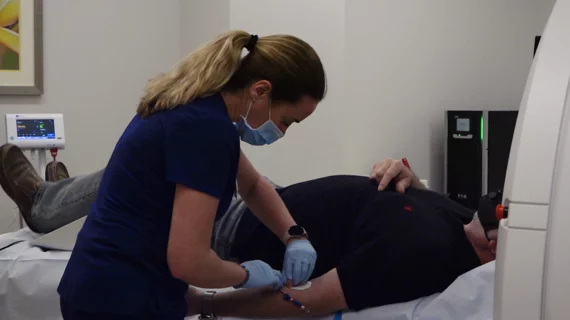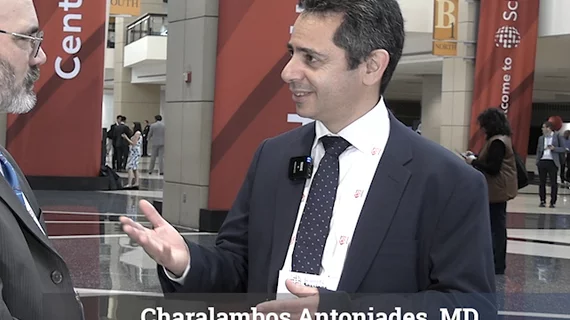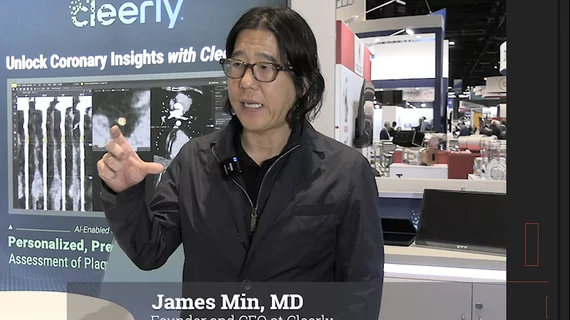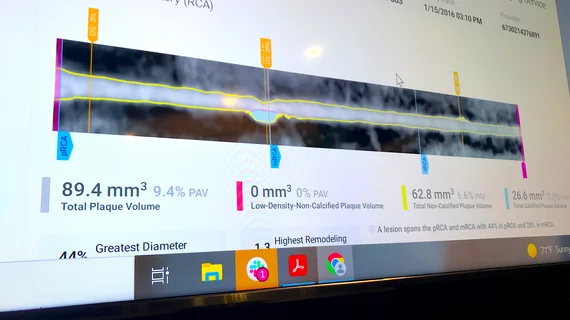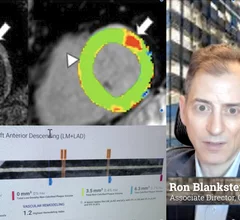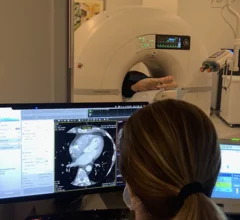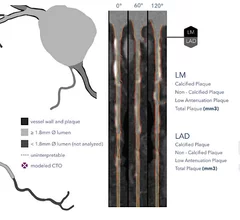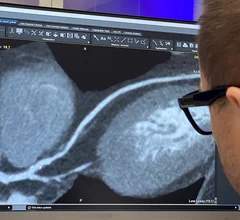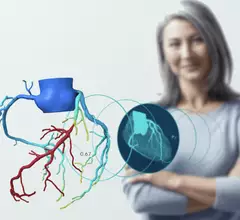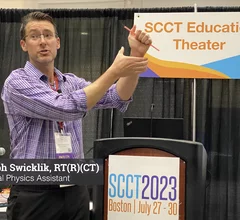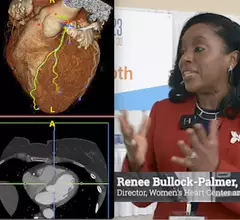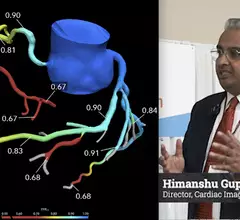Society of Cardiovascular Computed Tomography (SCCT)
The Society of Cardiovascular Computed Tomography (SCCT) focuses on the advancement and expansion of cardiac CT. The society serves a membership split about evenly between radiologists and cardiologists. SCCT hosts educational events, advocates for CCTA for reimbursement and helps set guidelines for cardiac imaging. The news, videos and content on this page are created by our Innovate Healthcare editorial team and focus on the clinical, operational and financial aspects of cardiac CT.
Displaying 9 - 16 of 70
